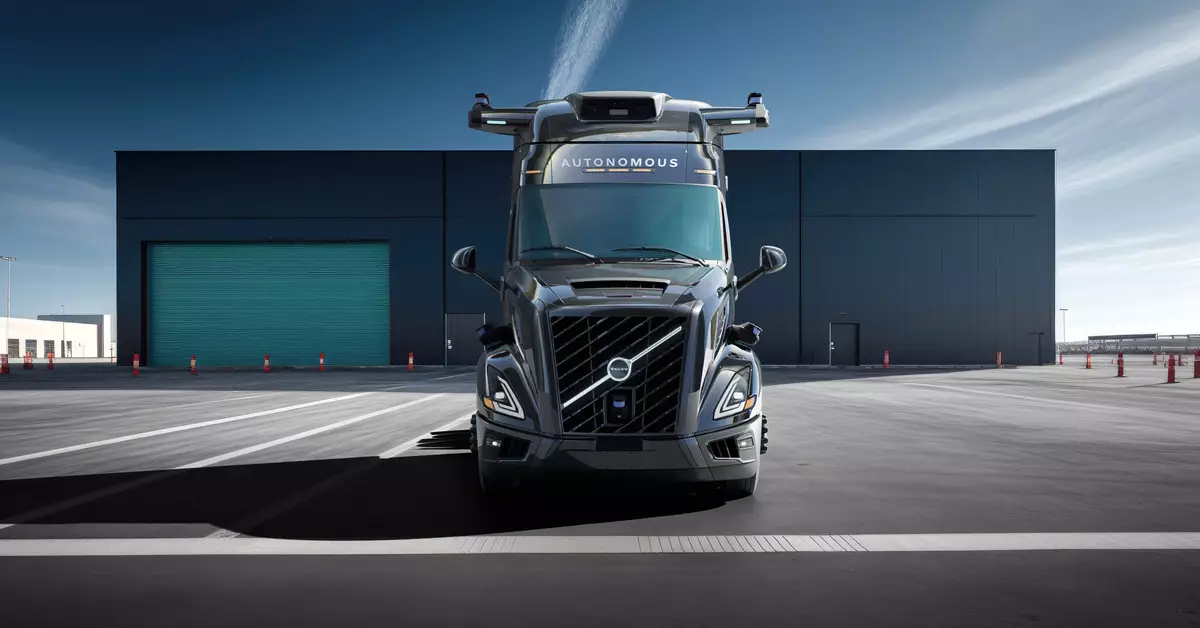Volvo recently unveiled its first “production-ready” self-driving truck developed in partnership with Aurora, a company known for its autonomous driving technology. This innovative truck, based on Volvo’s new VNL Class 8 semi-truck, is equipped with an array of sensors and cameras to power Aurora’s Level 4 autonomous driving system.
Nils Jaeger, president of Volvo Autonomous Solutions, emphasized that this truck is just the beginning of a standardized global autonomous technology platform. This platform will pave the way for additional models in the future, bringing autonomy to all Volvo Group truck brands and extending to various geographies and use cases.
Volvo plans to manufacture these self-driving trucks at its New River Valley plant in Dublin, Virginia, which is the largest Volvo factory in the world. Collaboration between Volvo and Aurora began in 2018, focusing on solutions for self-driving trucks. The successful testing on public roads, with Aurora covering 1.5 million miles, has demonstrated the capabilities of their autonomous technology.
Future of Autonomous Trucks
While autonomous trucks were once seen as leading the way in mass adoption ahead of robotaxis and personal self-driving vehicles, challenges have surfaced in the industry. Some companies have faced financial setbacks, while others have had to revise their deployment timelines. Public perception of autonomous vehicles has also shifted, partly due to incidents involving companies like Tesla and Cruise.
Unlike some competitors, Aurora has managed to avoid negative publicity and mishaps. The company reported a net loss of $165 million in the first quarter of 2024, which showed a 16 percent improvement from the previous year. In terms of future plans, Aurora aims to deploy 20 fully autonomous trucks this year and expand to around 100 trucks by 2025, eventually offering their technology to other companies.
Overall, Volvo’s collaboration with Aurora represents a significant step forward in the development and deployment of self-driving trucks. With ongoing advancements and partnerships within the industry, the future of autonomous transportation is becoming more tangible and promising.


Leave a Reply